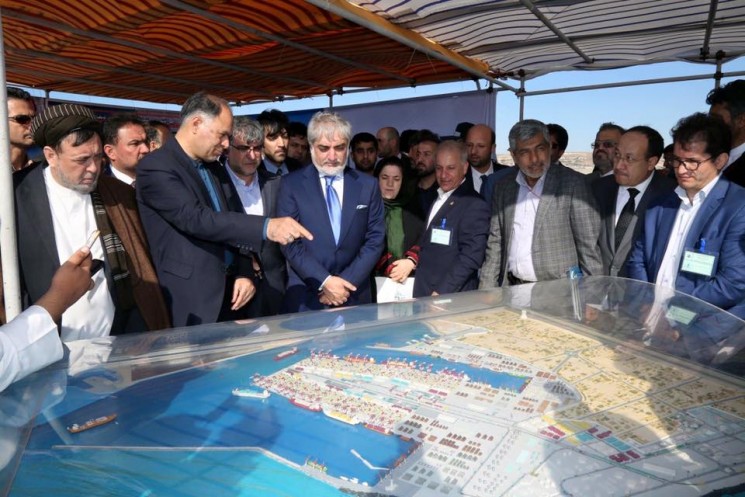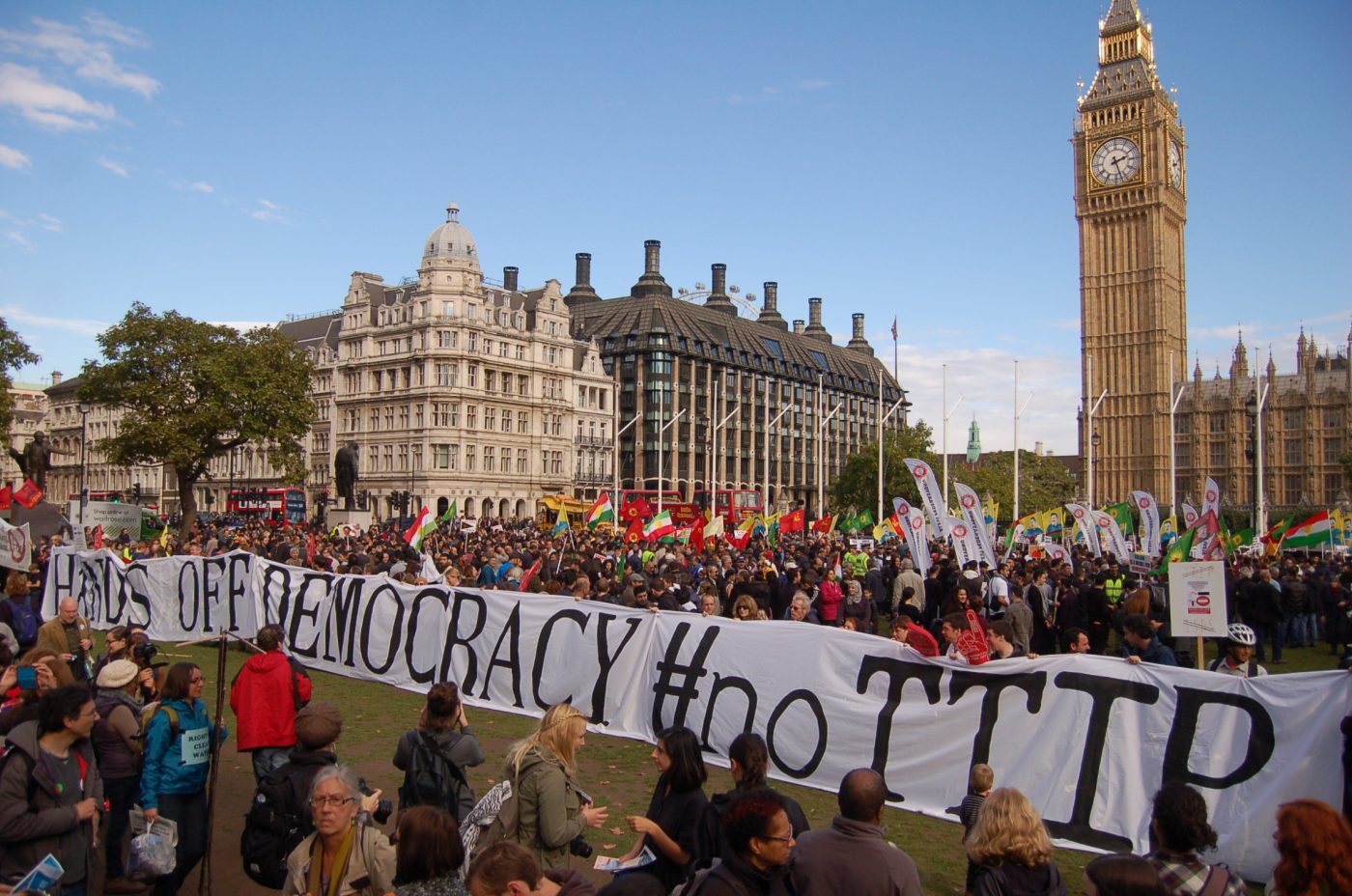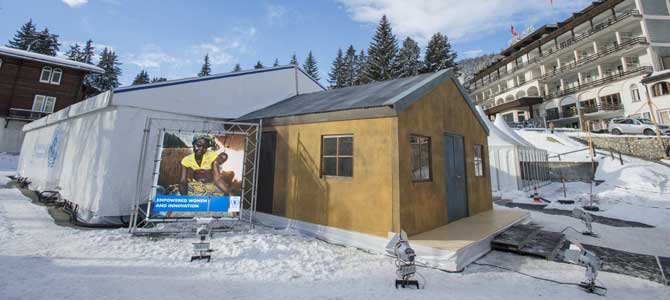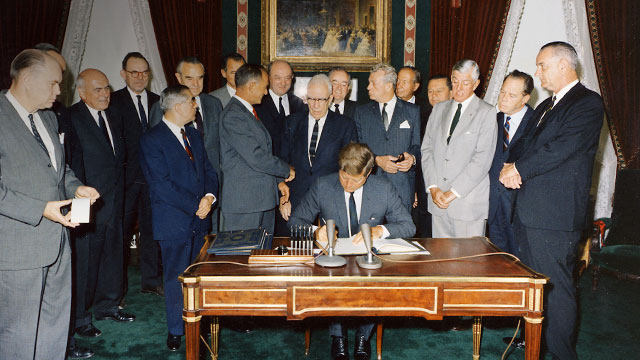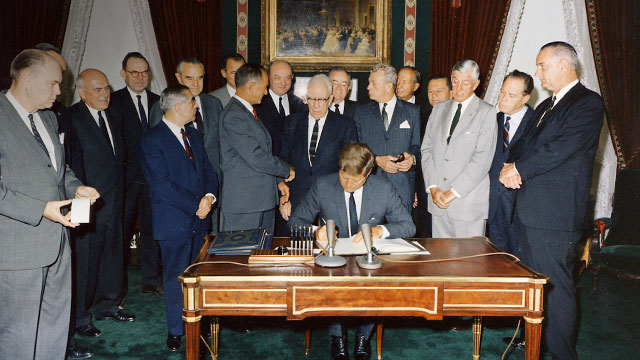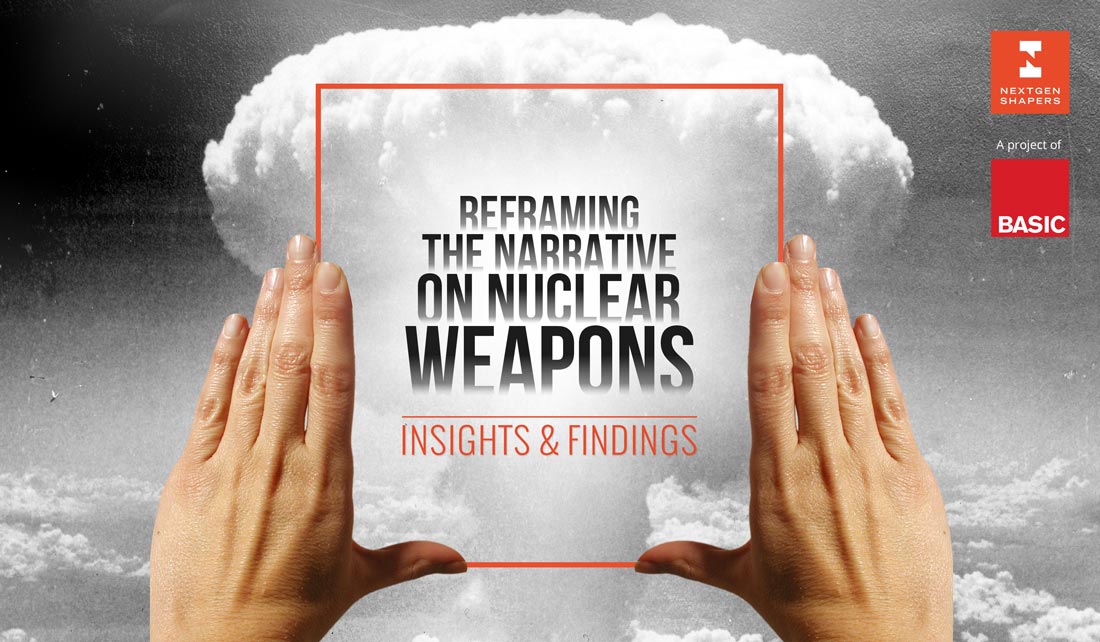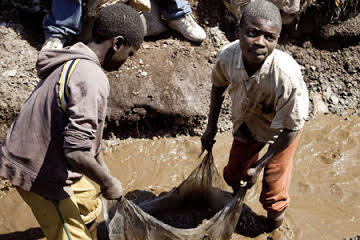TEHRAN – “Mistreatment of Afghan businesspeople by Pakistanis has made them complain.” This story has been covered by Afghan media time and time again, but they have no choice. Afghanistan is a landlocked country with no access to free waters and Karachi port in Pakistan is the sole route for Afghans through which they can engage in trade with the rest of the world.
Therefore, Afghan officials have reached the conclusion that in cooperation with India, they must go for Iran’s south-eastern Chabahar port, which can offer a good substitute for Karachi port. This issue was one of the main reasons behind a three-day trip to Iran early January by Afghanistan’s chief executive officer, Abdullah Abdullah.

